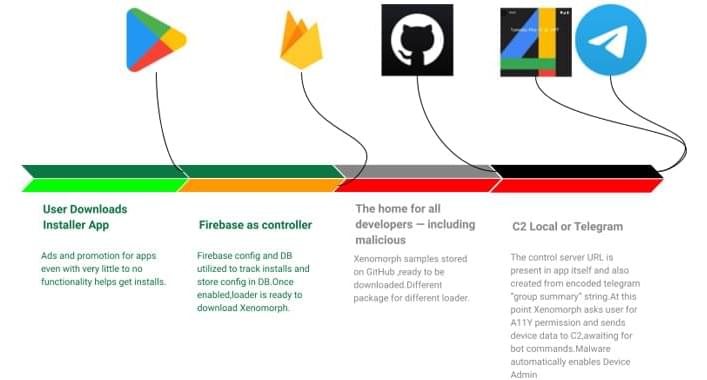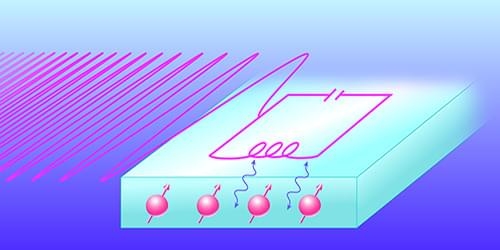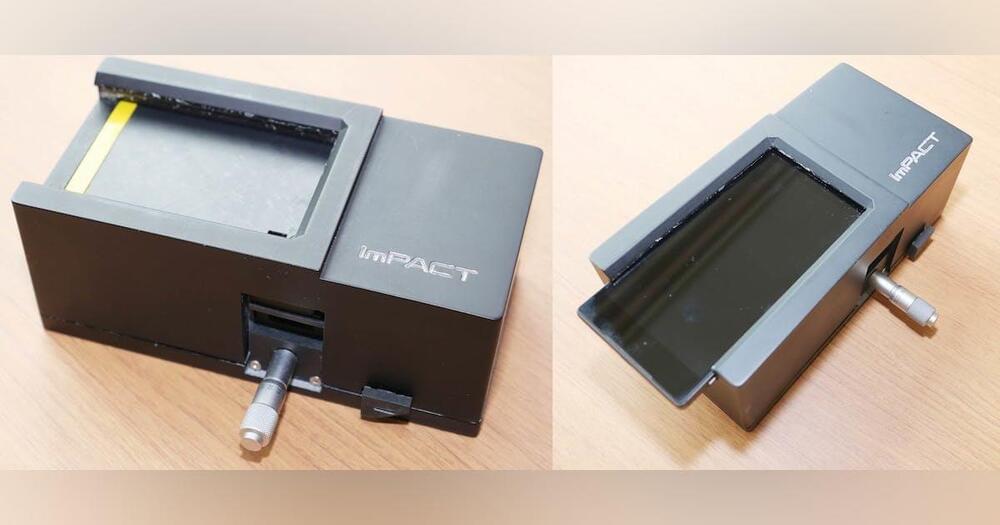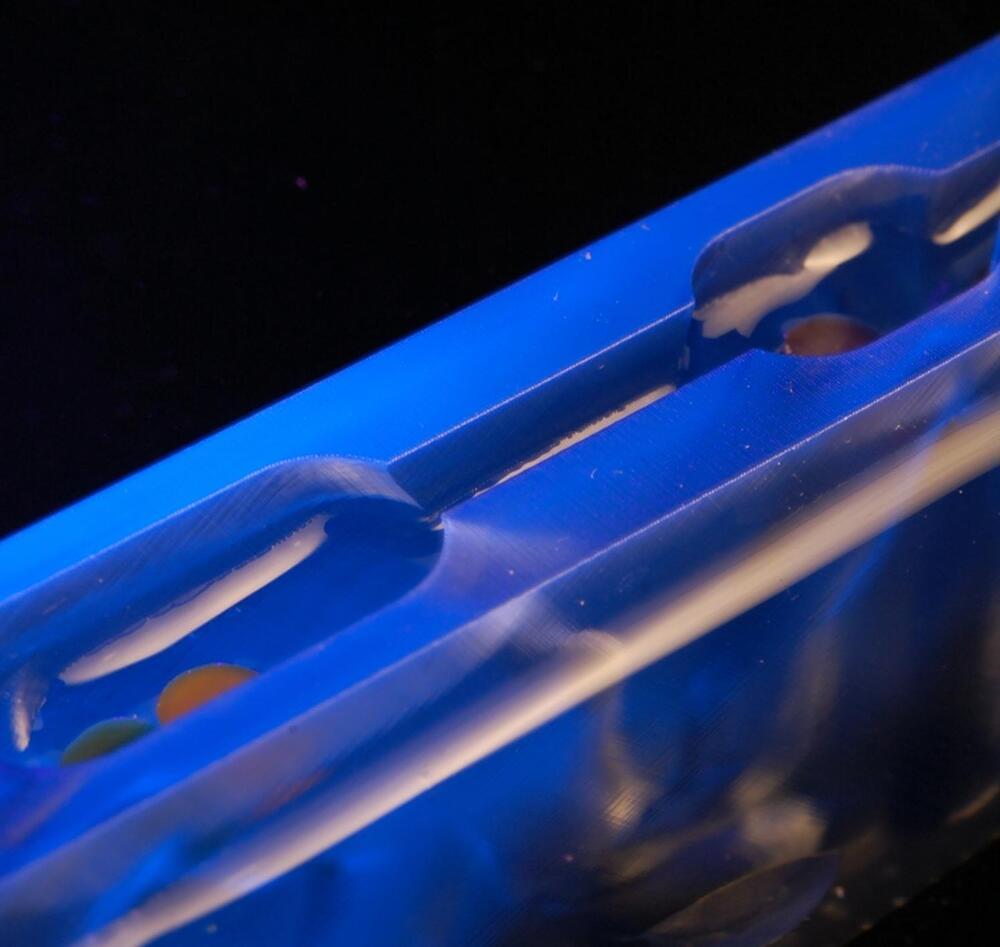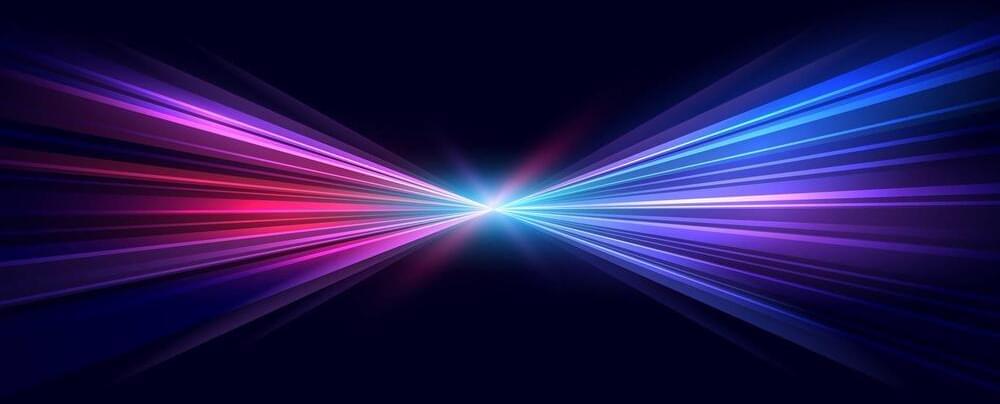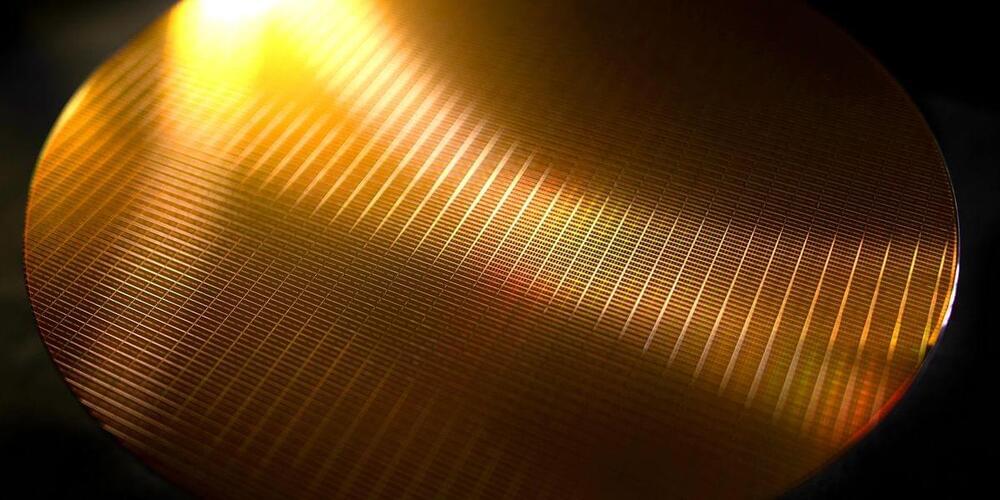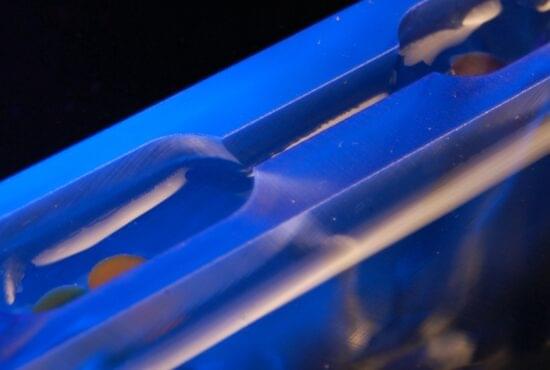Nov 13, 2022
AI grain assessment sows seeds for better returns
Posted by Kelvin Dafiaghor in categories: food, mobile phones, robotics/AI
South Australian artificial intelligence (AI) company GoMicro is rolling out its new grain assessment technology in Australia, paving the way towards more consistent quality controls and stable grain and pulse prices.
Based at Flinders University’s high-tech New Venture Institute (NVI) at Tonsley Innovation District in Clovelly Park, Adelaide, GoMicro CEO Dr. Sivam Krish says the multi-grain assessor gives growers and domestic and export markets a quick and better way to grade crops, accurately testing more than 1,200 grains in one sample—compared to the existing scanner-based method which assesses about 200 well-separated grains at a time.
“GoMicro relies on the excellent quality of phone cameras and Amazon web services to deliver low-cost, high-precision quality grain and other produce assessments to farmers worldwide,” says Dr. Krish.

